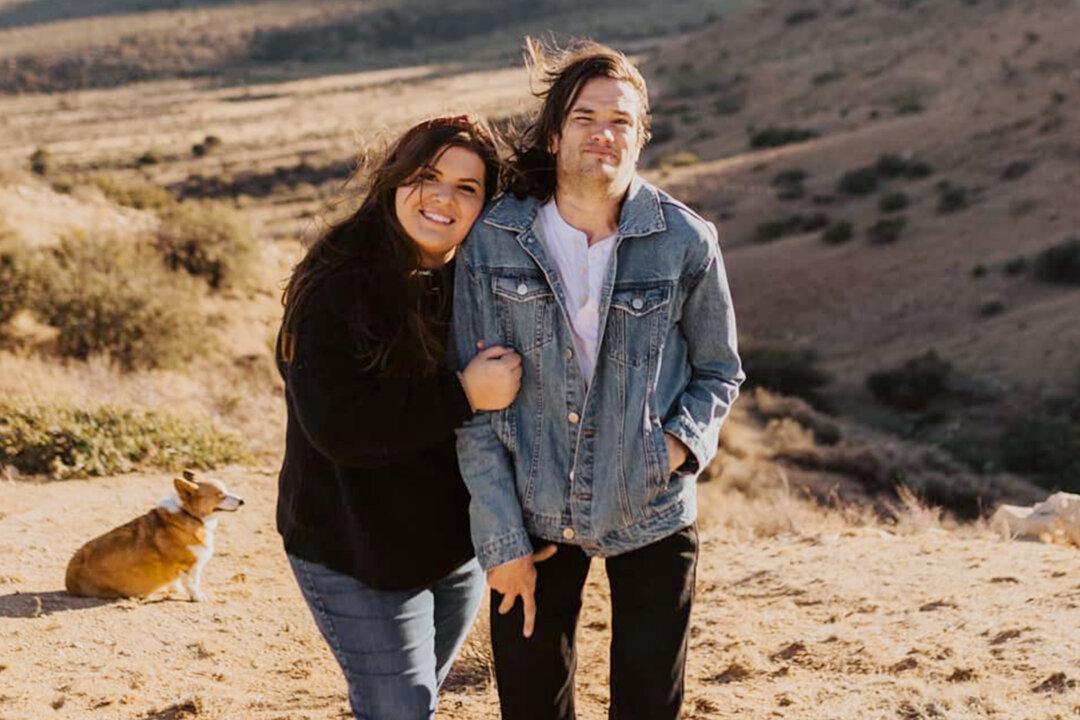A woman who fell in love with a man with hearing impairment and cerebral palsy shares their journey, from falling in love to planning their wedding, navigating the world as an interabled couple as they go.
Elyse Rucker of Arkansas and her fiancé, Jason Flynn, did not just fall in love despite their differences, but rather because of what makes each of them a unique individual, deserving of happiness.





